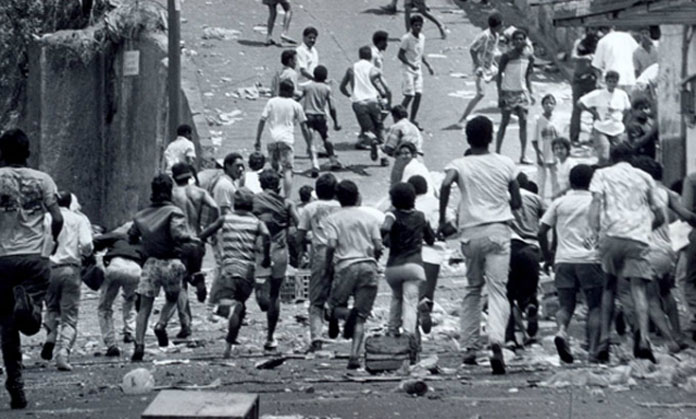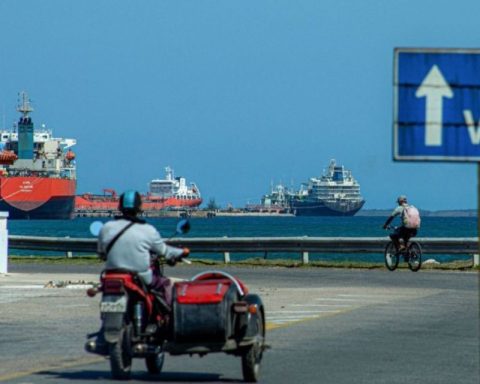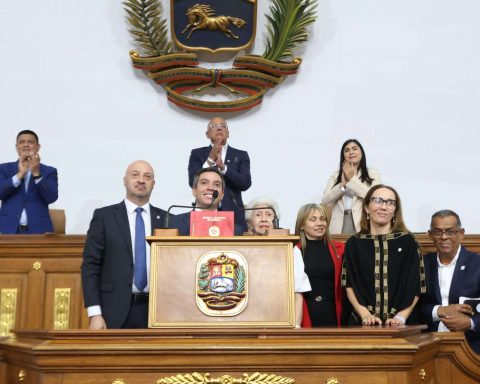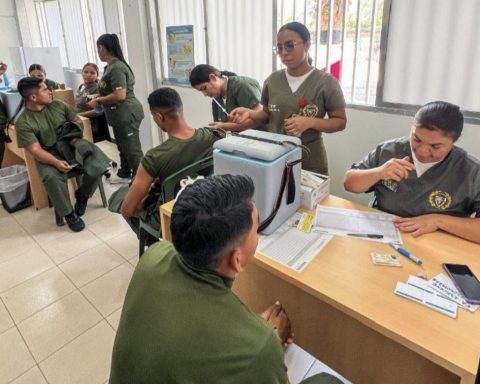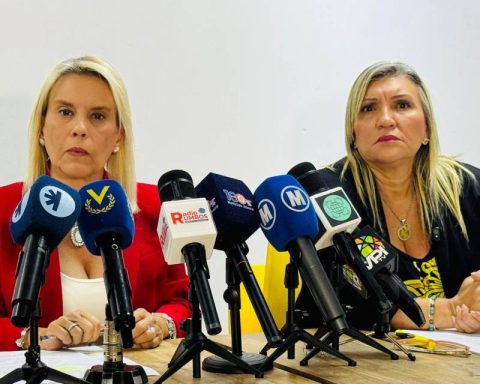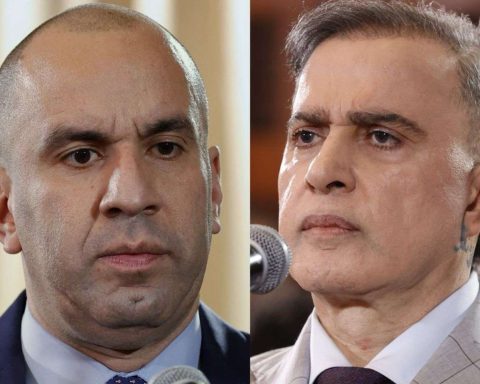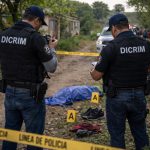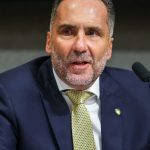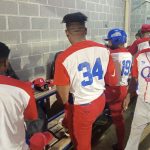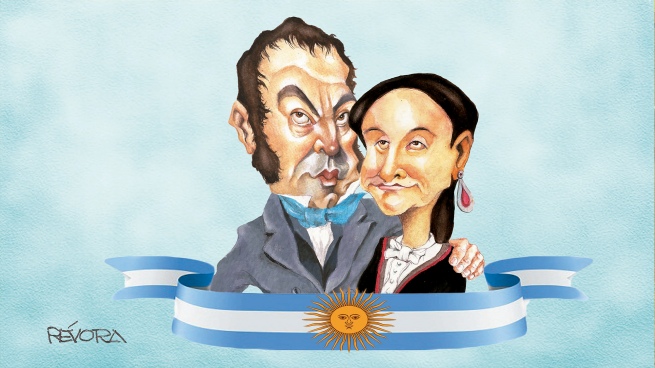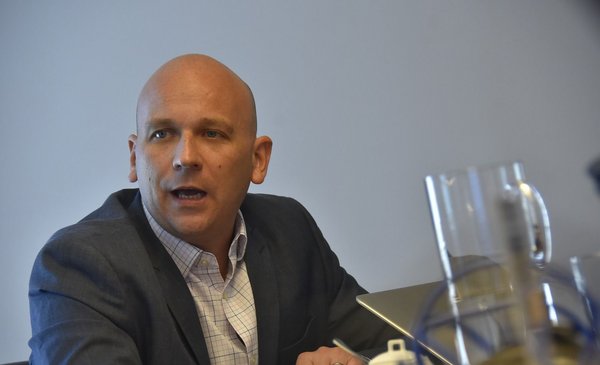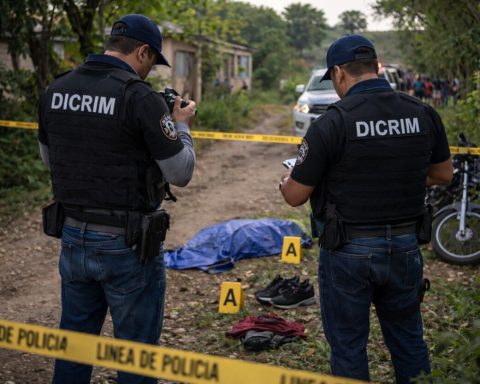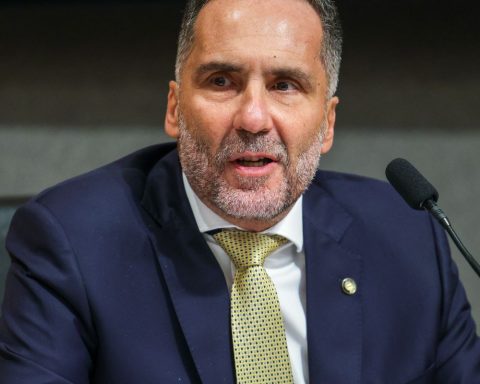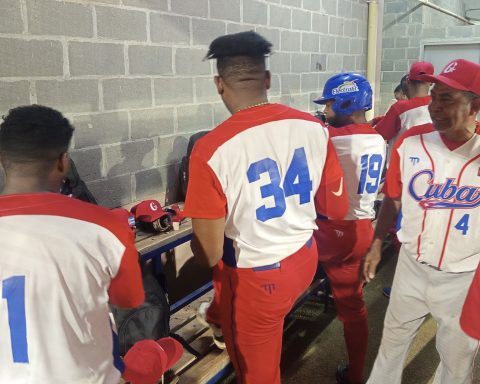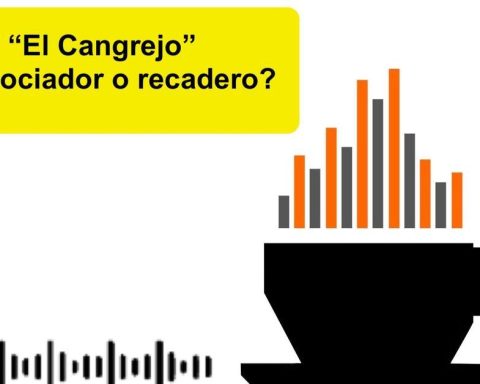The need to rescue the historical memory emerges to strengthen sovereignty, remember independence and prepare the perspective for the future.
In this context, the National Assembly approved in the first discussion the Reform Project of the Law of National Holidays prepared by the Permanent Commission of Social Development, and presented by the deputy Gabriela Chacón, who spoke with Últimas Noticias about the objective of reviving the celebrations and commemorations of the Homeland.
“It is intended to review and incorporate a set of important dates of great national importance, in order to grant recognition and legality to those historical moments,” Chacón explained.
“The bill is structured in three chapters and five articles,” he explained, while adding that the fundamental principles of each date will be included. He announced that in the next few days they will carry out a national consultation with various survey tools to incorporate important dates, “a survey through social networks, telephone calls, visits to the territories, attending to the suggestions of the people.”
One of the specific approaches of the proposal is the transversality between educational training, the rescue of history and the law itself. In the words of the deputy Chacón, this would happen through the joint work of the ministries of the educational area.
“We can even do plays, we could make videos related to these important dates, reflect them on those children and adolescents who are the future of the country and we have to reaffirm our history,” said Chacón, adding that they could participate with their contributions. governments, mayors, municipal chambers and AN.
They also proposed creating a special commission to determine a date to commemorate the Day of Indigenous Resistance, which is representative for the original peoples of Venezuela, possibly different from October 12, which marks the arrival of the conquerors.
This legislative approach is far from the current law, which was prepared in 1921 and later modified on June 22, 1971, in which only five relevant historical events are extolled and many other iconic events of the legacy of El Libertador are left aside. Simón Bolívar, as well as the rest of the national heroes and some more days in which achievements worthy of honor and distinction were consolidated.
Said 1971 law was analyzed by the president of the AN, Jorge Rodríguez. “There is tremendous disdain about the dates that should be absolutely revered, tenderly collected and cared for by the people,” he said and then suggested dates such as February 27 and 28, 1989 (El Caracazo), February 4, 1992 (Rebelión civic-military), which marked epochal changes in the social and political aspects of the nation.
